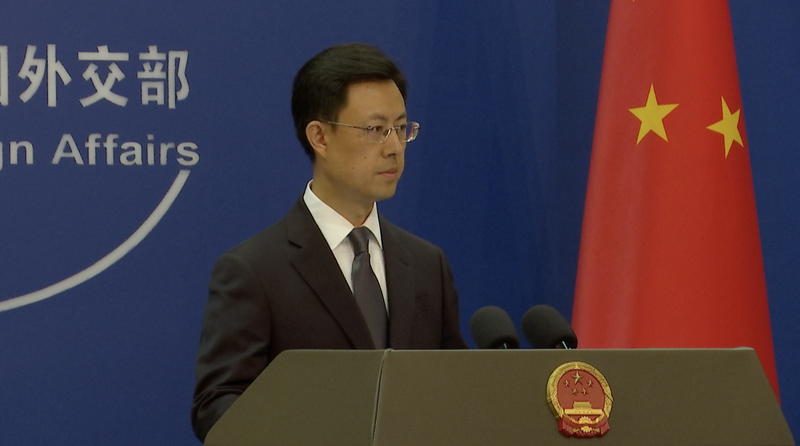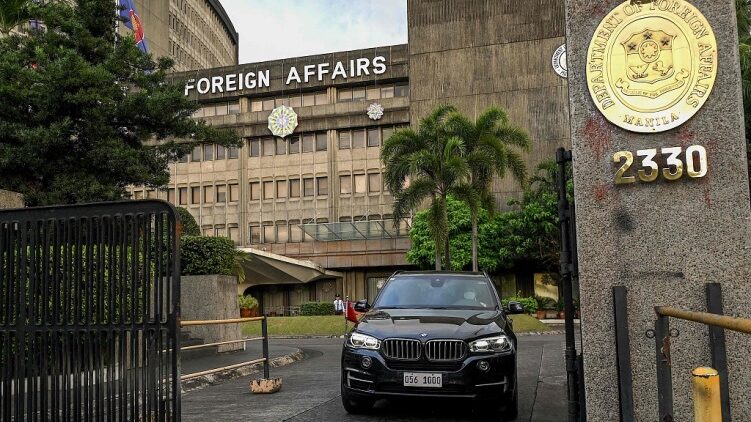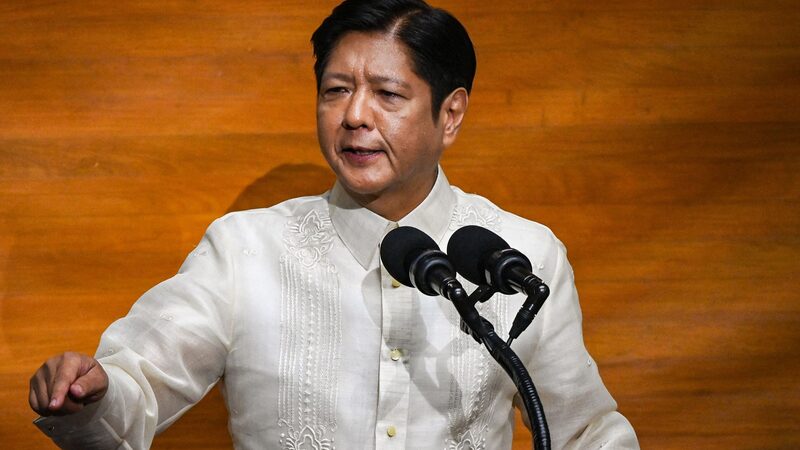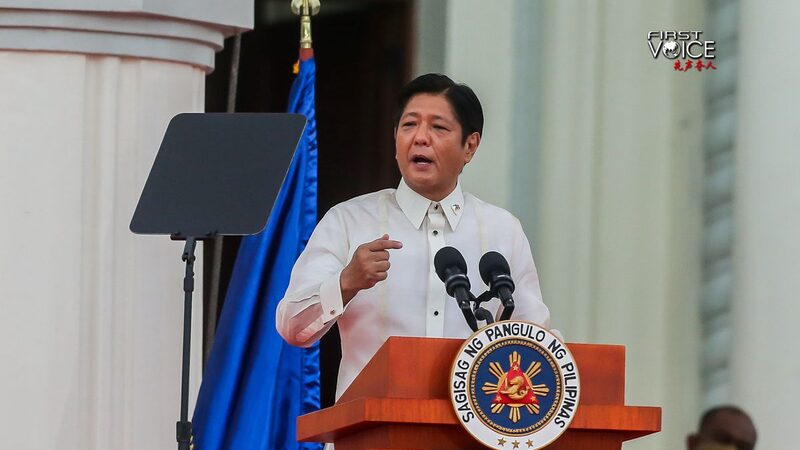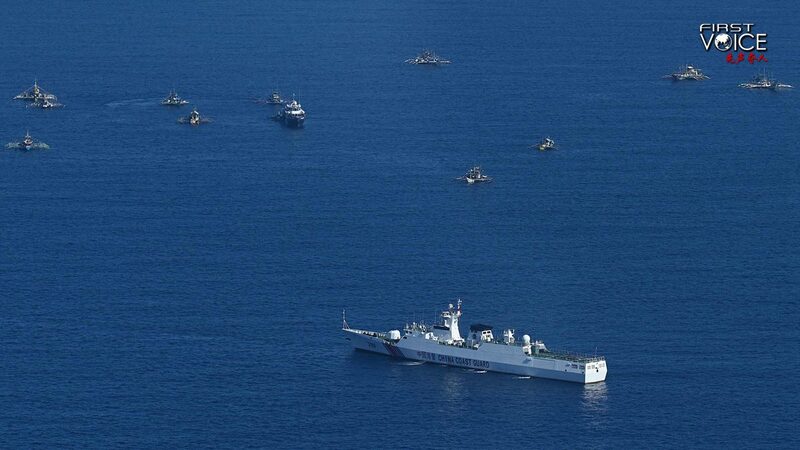Tensions in the South China Sea are heating up again as China calls on the Philippines to resist relying on external powers to address regional disputes. The appeal follows Philippine President Ferdinand Marcos Jr.'s recent U.S. visit, where he pledged deeper military collaboration with Washington. 🚨
What’s Happening?
Marcos Jr. wrapped up a three-day trip to the U.S., announcing plans to modernize the Philippine military and host U.S. intermediate-range missiles. He framed these moves as a response to 'developments' in the South China Sea, a strategic waterway where both nations have overlapping territorial claims. 🗺️
China’s Response
The Chinese Foreign Ministry urged Manila to 'refrain from seeking foreign support' and emphasized resolving disputes through dialogue. 'Regional stability requires mutual trust, not external interference,' a spokesperson stated, highlighting concerns over escalating militarization. ⚠️
Why It Matters
With the U.S. and Philippines building joint ammunition depots and boosting defense ties, the region risks becoming a flashpoint for global power rivalries. Analysts warn the moves could further strain China-Philippines relations, complicating efforts to share resources like fisheries and energy reserves. 🛢️⚡
For young professionals and travelers tracking Asia’s geopolitics, this clash underscores the delicate balance between national security and regional cooperation. Stay tuned as we monitor how this high-stakes chess match unfolds. ♟️🌏
Reference(s):
China urges Philippines not to seek foreign backing on South China Sea
cgtn.com
